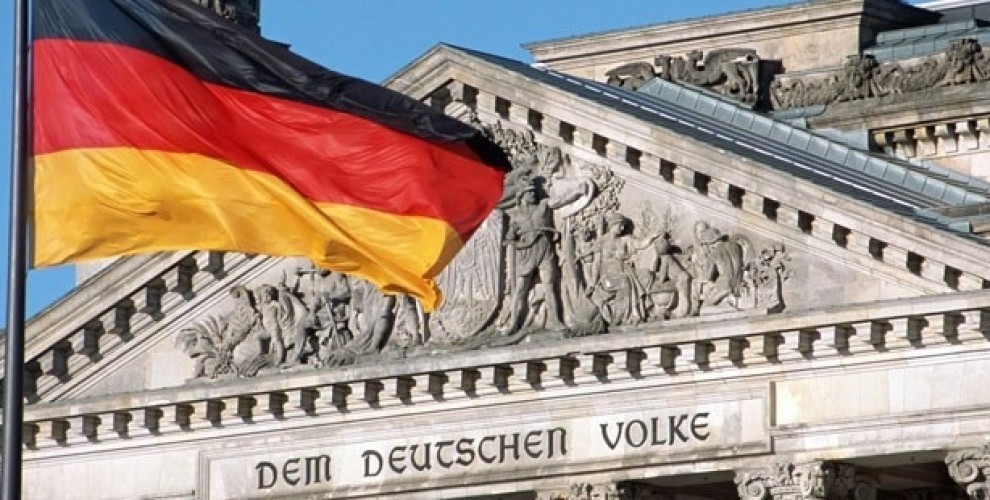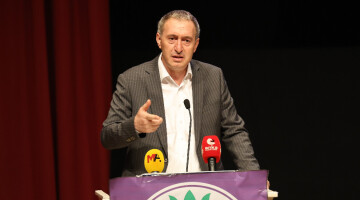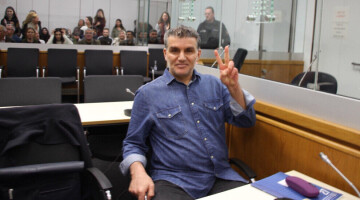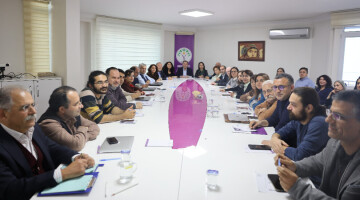German Chancellor Merkel had spoken about Ankara cancelling the German MPs’ visit to the German soldiers in the military base in Konya under Erdoğan’s orders and said: “The visit permit for Konya can’t be subject to political negotiations.”
In a following statement on the issue, there were signs that they won’t be harsh on Turkey in such a matter concerning NATO.
THE VISIT WASN’T CANCELLED, IT WAS POSTPONED!
The Federal Government Spokesperson Steffan Seibert argued that the visit hadn’t been cancelled by the Turkish authorities, but merely postponed. Seibert claimed that demanding a set timeline from the Turkish side for the German MPs’ visit wasn’t “smart”.
Seibert also stated that they are “seeking” a meeting with Turkey at “all levels”, including NATO, and that they are trying to get permission for the parliamentarians’ visit.
WHAT MERKEL ALWAYS DOES
It is significant that the tension between Turkey and Germany is not based on the violations of fundamental human rights, massacres against Kurds or other dictatorial practices. Among the most important complaints the German government has had to date is the arrest of journalist Deniz Yücel.
Chancellor Angela Merkel meeting with Erdoğan unexpectedly right before the November 1 elections in 2015, despite all her and the governing parties CDU and SPD’s criticism on the media for the two years prior to that, is still fresh in memory. Again, right after the murder of hundreds of people in Sur and Cizre, the refugee deal between Turkey and the EU was accepted by Merkel’s efforts.
It is also significant that the tensions first in Incirlik and now in Konya airbases over German soldiers are happening before the federal elections to be held in Germany on September 24. Merkel’s CDU had regressed to 31% of the vote with the refugee crisis and most recently the Social Democrats nominated Martin Schulz, and in the last couple of weeks they have climbed back up to 37%.












